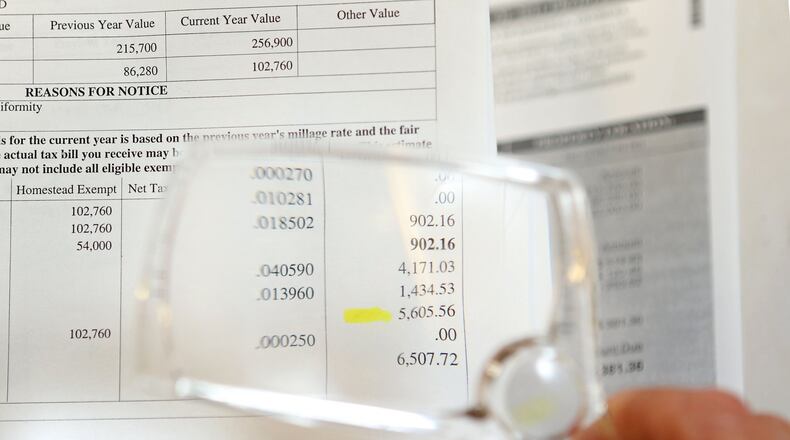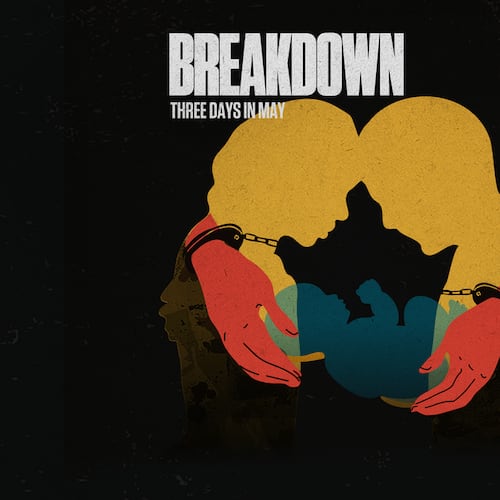NOTE: This story originally appeared on AJC.com in 2016.
The Atlanta Journal-Constitution asked three private appraisers, a county chief appraiser and a county board of equalization member to share some tips on how to improve your chances of winning a property tax appeal. Here’s what they had to say.
Double-check the county’s information about your home
Counties base the value of your home in part on its size, condition and other characteristics. When you get your value notice, make sure the information about your home is accurate.
If you appeal your value, you can check the county assessor’s website to verify the square footage, number of stories, etc. But licensed appraiser Stan Anderson said it’s better to ask the county for a copy of the “property record card” — a written document that describes your house. It’s often more detailed, and sometimes the information on the website doesn’t match the card.
If the county has bad information about your property — for example, if it says you have a two-story home when it’s really 1.5 stories — that can be the basis for a successful appeal.
You can’t appeal your tax bill
By the time you get your tax bill, it’s usually too late to appeal. You can appeal the value of your property, but not the amount of your tax bill. You have 45 days from the date on your assessment notice to file an appeal.
Do your homework
It’s not enough to say you think the county’s value is too high. You’ve got to find sales of properties in your neighborhood that prove it. They should be similar in size and condition. The sales should be from the previous calendar year: If you’re appealing your 2012 value, use 2011 sales. You can get information about comparable sales from county websites. But for any home you use as evidence, Anderson said it’s a good idea to get the property record card to make sure it’s really comparable to your home.
Show up — with a smile
Most appeals are resolved by the county board of assessors. But if you can’t reach agreement with the assessors, you can appeal to a board of equalization (a citizen panel) or to an arbitrator. Most residential appeals go to a board of equalization, which is free.
If you get a BOE hearing, show up. Many people don’t. The county will present its evidence even if you’re not there.
While you’re there, be friendly — not angry — with the board and county employees. “Go in there with a smile,” Anderson said.
Prepare for the hearing
Bring your evidence to share with the board members, but keep it simple. You’ll have only a short time to make your case.
You can bring photos and other illustrations to support your case. Robert Glover, a longtime DeKalb County board of equalization member, said one owner brought a video and a television to show the high volume of traffic in his neighborhood.
Ask yourself: Is it worth it?
If you’re unhappy with a board of equalization decision, you can appeal to Superior Court. But you’ll have to pay court fees, and you’ll probably want to hire an attorney.
However, you should ask yourself much earlier in the process whether your appeal is worth it. Let’s say the county says your home is worth $180,000. You think it’s worth $175,000. That $5,000 difference sounds like a lot, but it might not reduce your tax bill much. In unincorporated Gwinnett County, for example, you’d save about $65. It’s especially important to keep that in mind if you’re hiring someone to handle your appeal.
Consider hiring a professional
There are companies that specialize in appealing property values. An experienced professional will know more about the ins and outs of the process than a typical homeowner, but you don’t need to hire an expert to appeal on your behalf. If you have a pricey home or think you’re due a major reduction in value, it might be worth hiring someone to do it for you. Anderson said if you can’t save at least $500 on your tax bill, “you should probably be doing it yourself.”
About the Author
Keep Reading
The Latest
Featured



